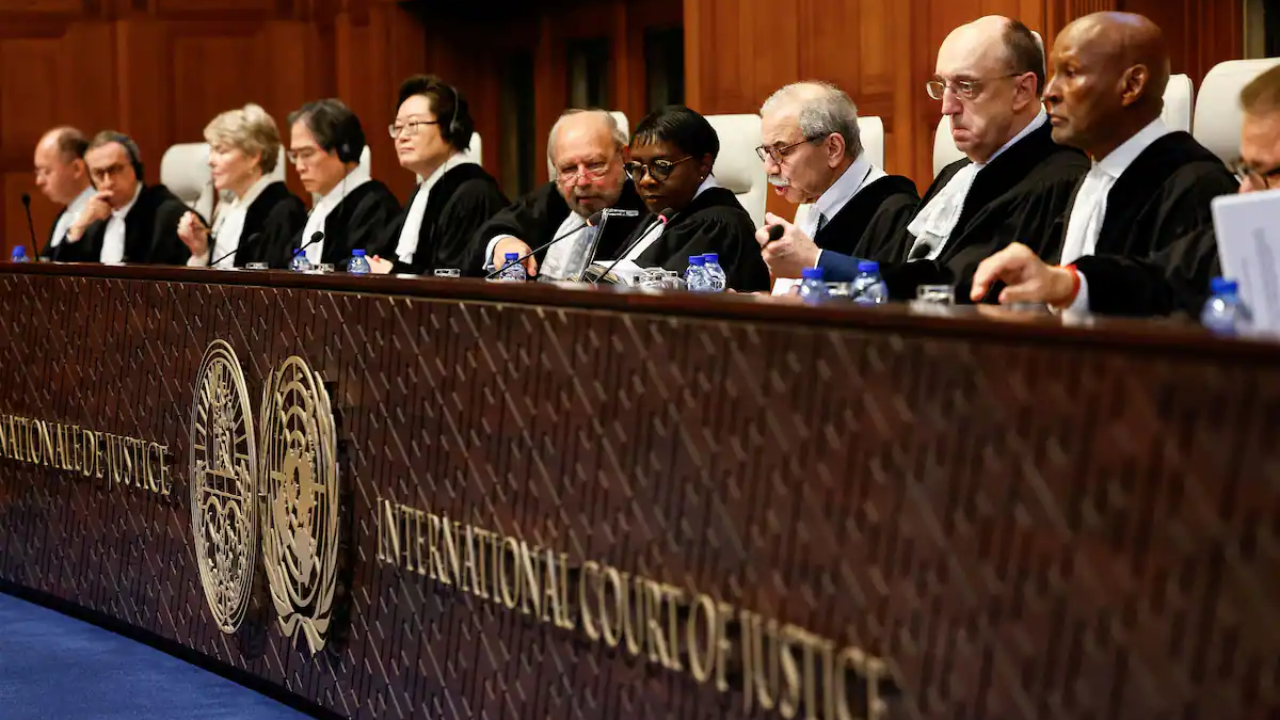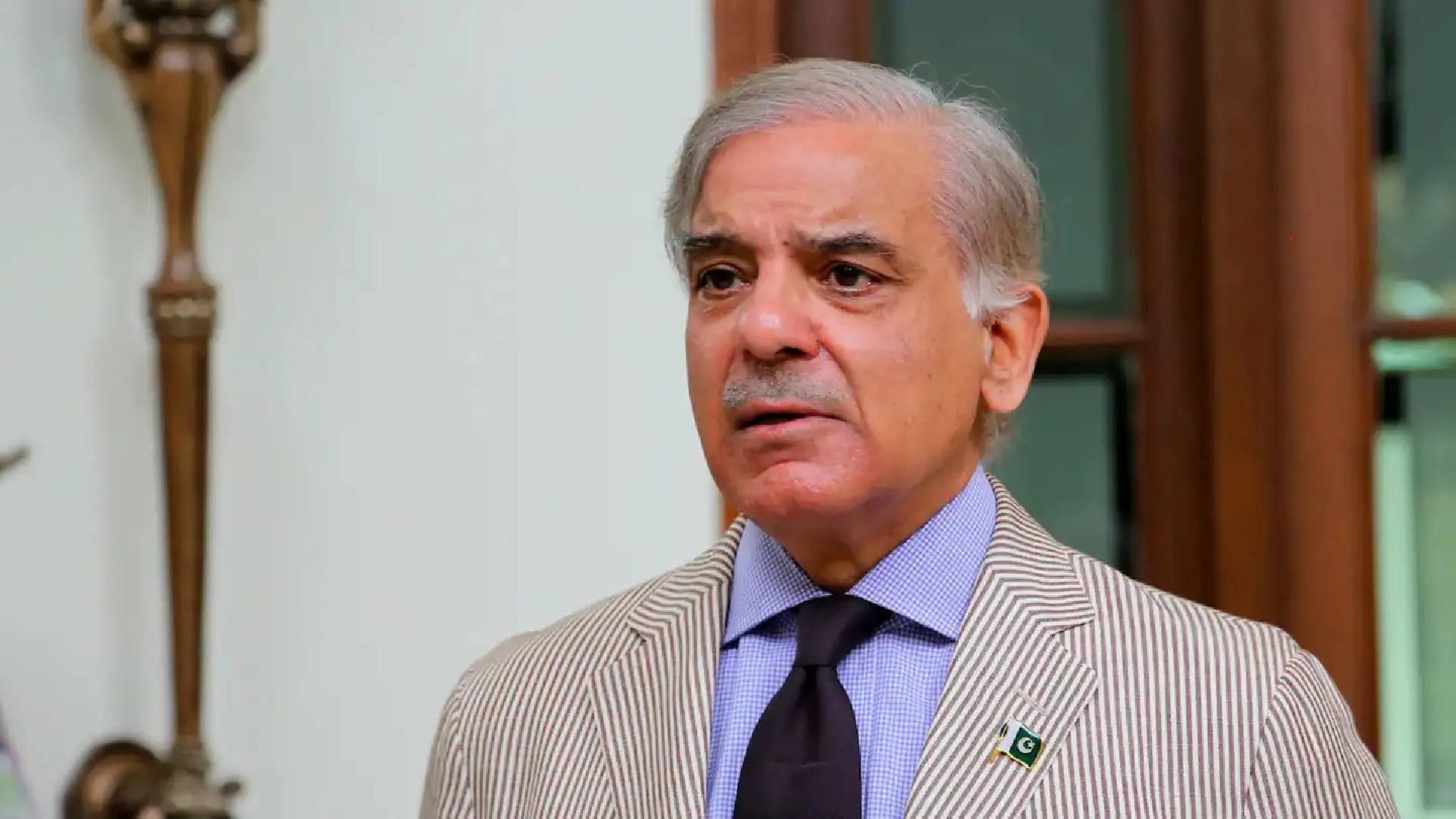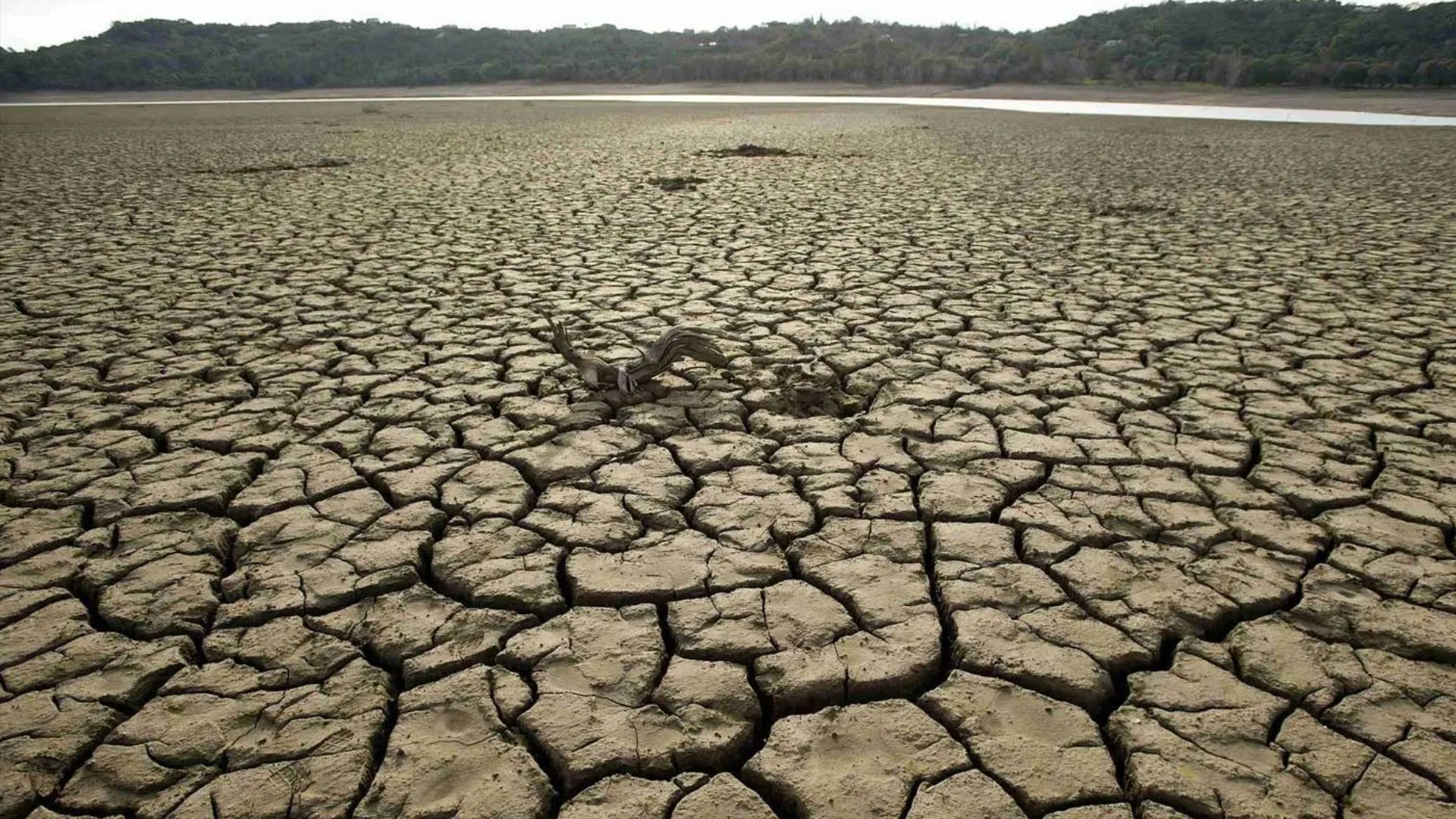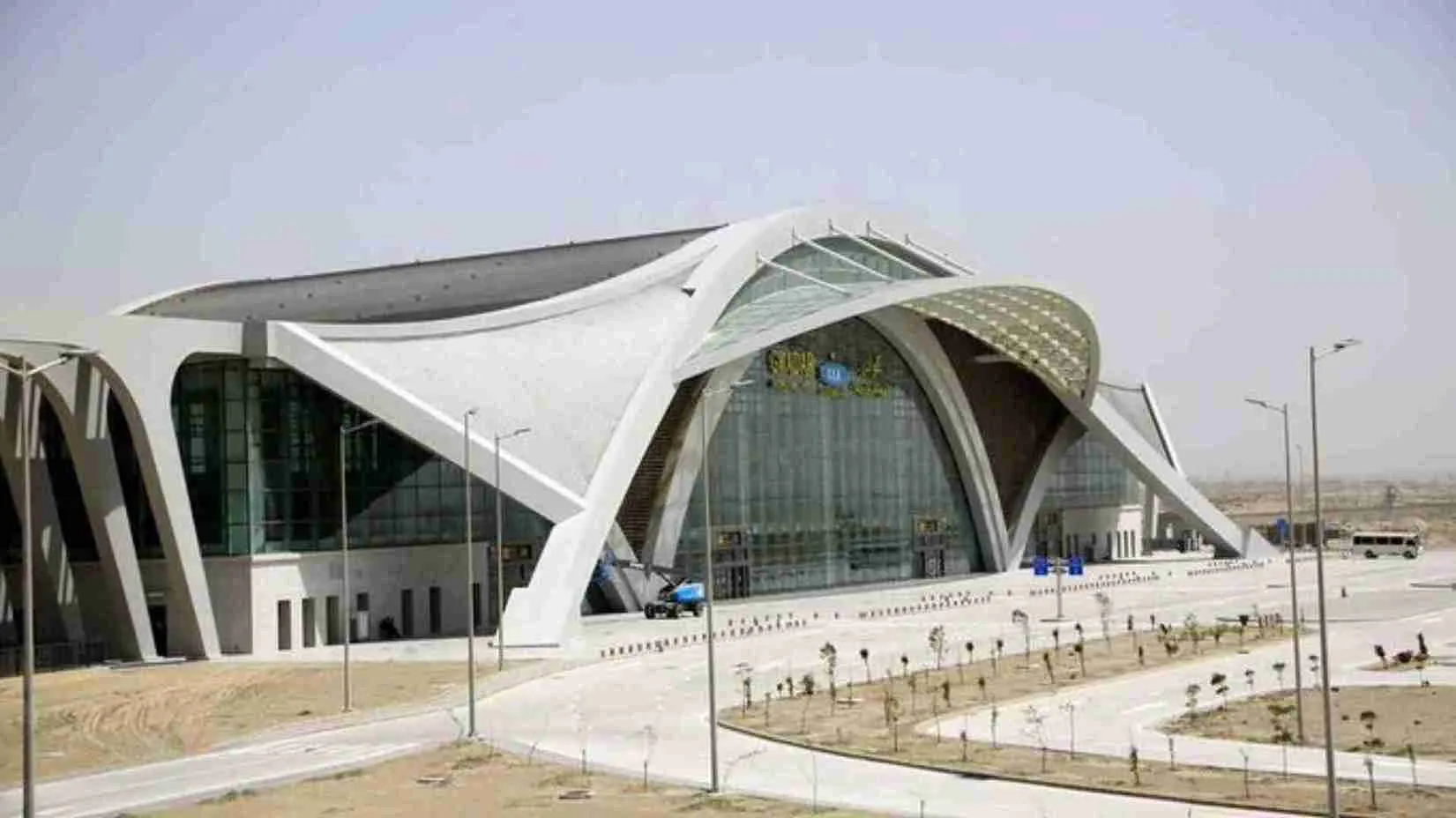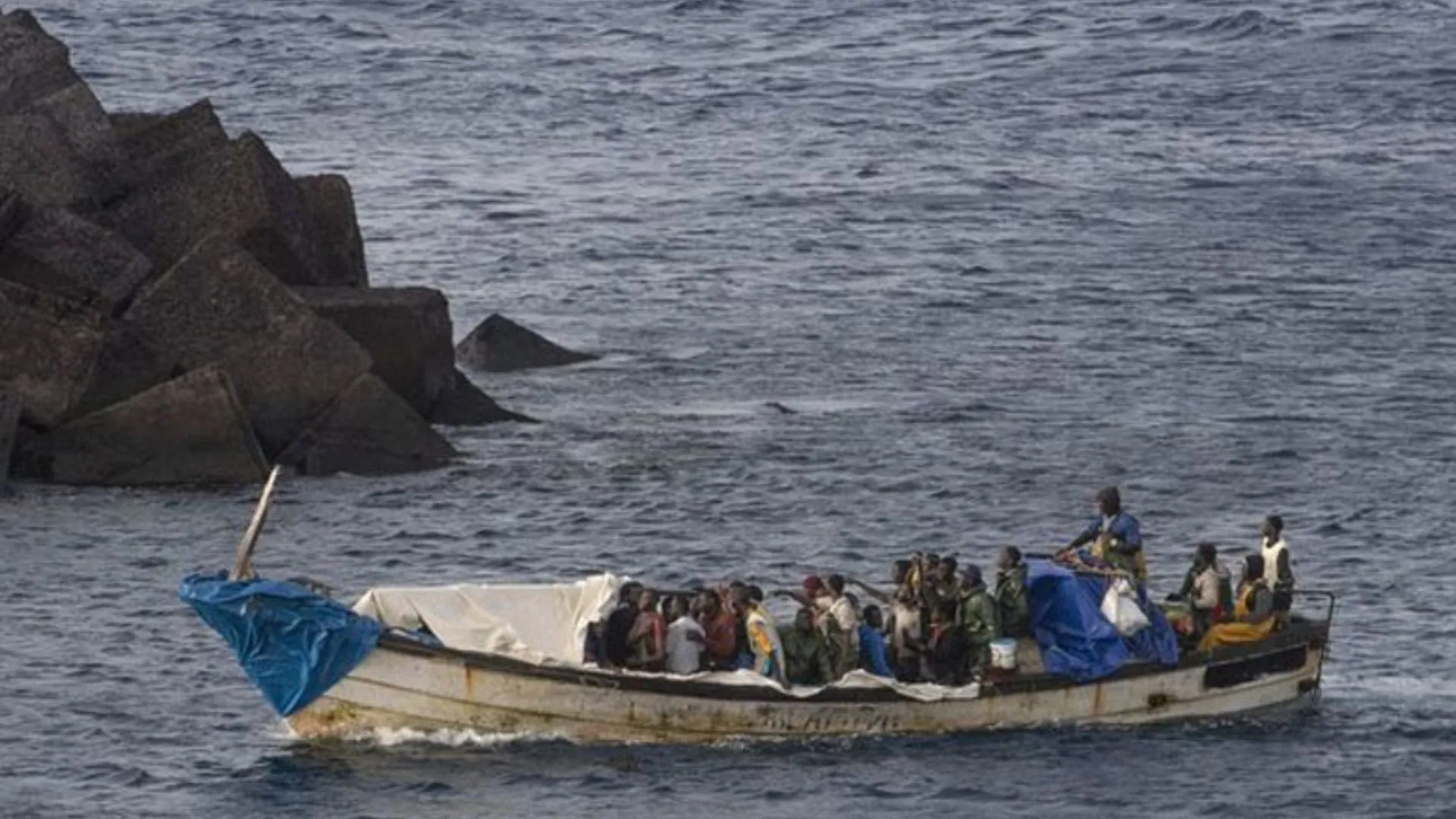The recent advisory ruling by the International Court of Justice (ICJ), declaring Israeli occupation in the occupied Palestinian territories as unlawful, has sparked a wave of international reactions. The ruling, although nonbinding, has been described as a significant moment in the ongoing struggle for Palestinian justice, with various countries weighing in on its implications.
Palestinian Reaction
Palestinian officials have celebrated the ICJ’s decision as a landmark achievement in their long quest for justice. The ruling, delivered by the court’s 15 judges, asserted that Israel’s sovereignty over the occupied territories is unfounded, violated international laws against territorial acquisition by force, and obstructed Palestinians’ right to self-determination. The court also emphasized that nations should not support Israel’s presence in these areas.
International Responses
- Australia: Prime Minister Anthony Albanese’s government acknowledged the ICJ’s role in upholding international law but urged Israel to halt settlement expansions and address extremist actions. The government is still evaluating the details of the ruling.
- Belgium: Foreign Affairs Minister Hadja Lahbib expressed Belgium’s commitment to international law, underscoring that the country will always advocate for its respect.
The International Court of Justice has ruled that Israel’s occupation of the Palestinian territory does not comply with international law and that settlement activity must cease.
Belgium will always stand up for the respect of international law.
— Hadja Lahbib (@hadjalahbib) July 19, 2024
- Brazil: Brazil’s Ministry of Foreign Affairs endorsed the ruling, calling for a two-state solution with an independent Palestine alongside Israel, based on the 1967 borders, including Gaza and the West Bank.
- Bolivia: Bolivia’s Ministry of Foreign Affairs urged the UN and its members to take measures against the crimes in Gaza and support Palestine’s right to self-determination. Bolivia had previously severed ties with Israel and supported a genocide case against it at the ICJ.
- Egypt: The Egyptian Ministry of Foreign Affairs demanded that Israel end its occupation, stop settlement activities, and evacuate existing settlements, calling on international entities to help uphold the ICJ’s advisory opinion and alleviate Palestinian suffering.
- Iceland: Iceland’s Ministry of Foreign Affairs stated the ICJ ruling is “clear” and urged Israel to cease activities violating international law, particularly in the West Bank and East Jerusalem.
The International Court of Justice has ruled that Israel’s occupation of the Palestinian territory does not comply with international law and that settlement activity must cease.
Belgium will always stand up for the respect of international law.
— Hadja Lahbib (@hadjalahbib) July 19, 2024
- United States: The Biden administration criticized the ruling, despite acknowledging that Israeli settlements are “inconsistent” with international law. The US expressed concern that the court’s broad opinion could complicate efforts for a lasting peace between Israel and Palestine.
- Indonesia: Indonesia welcomed the ruling and called on the UN General Assembly and Security Council to take necessary actions to end Israel’s unlawful presence and support Palestinian rights.
- Ireland: Foreign Minister Michael Martin pledged to work with the EU and UN to leverage the ICJ’s opinion to end Israel’s illegal presence in Palestinian territories.
- Qatar: Qatar’s Ministry of Foreign Affairs endorsed the ruling, reaffirming its commitment to Palestinian rights and condemning Israel’s actions.
The State of Qatar Welcomes International Court of Justice’s Advisory Opinion on Israel’s Policies and Practices in the Occupied Palestinian Territory and East Jerusalem
🔗Read More: https://t.co/FrA6b3Axry#MOFAQatar pic.twitter.com/xS4BnwNHtC
— Ministry of Foreign Affairs – Qatar (@MofaQatar_EN) July 20, 2024
- Jordan: Jordanian Foreign Minister Ayman Sadadi urged an end to Israeli impunity and accountability for alleged war crimes.
Israel’s reaction to the ICJ ruling & its Knesset resolution to prevent the fulfillment of Palestinian people’s right to freedom further proves Israel’s complete disregard to Int’l law. Israel’s impunity must end. Its war crimes must be stopped. Israel must be held accountable.
— Ayman Safadi (@AymanHsafadi) July 19, 2024
- Kuwait: Kuwait called on the international community to fulfill its legal and moral duties to help establish an independent Palestinian state and halt aggression in Gaza.
- Liechtenstein: Liechtenstein’s UN mission emphasized the ICJ’s focus on the rule of law in international disputes and pledged to work towards the full application of the right to self-determination.
LI welcomes today’s @CIJ_ICJ Advisory Opinion, which puts the Rule of Law at the centre of the settlement of international disputes. We look forward to working with all States on the basis of the AO, in particular to ensure the full application of the right to self-determination.
— Liechtenstein UN (@LiechtensteinUN) July 19, 2024
- Malaysia: Malaysia praised the ruling as a “landmark” decision and urged all states to compel Israel to comply with the ICJ’s findings and end its occupation of Palestine.
PRESS RELEASE: MALAYSIA HAILS THE RULING OF THE INTERNATIONAL COURT OF JUSTICE ON THE ISSUE OF PALESTINE pic.twitter.com/ViN2LEpmhY
— Wisma Putra (@MalaysiaMFA) July 20, 2024
- Norway: Norwegian Foreign Minister Espen Barth Eide labeled the ICJ ruling as “crystal clear,” asserting that Israeli policies amount to annexation and breach international law.
The ICJ is crystal clear: Israeli policies and practices are to be considered annexation of large parts of the Occupied Palestinian Territory, and are in violation of international law.
This is an unequivocal message to Israel, which we expect them to comply with immediately.
— Espen Barth Eide (@EspenBarthEide) July 19, 2024
- Spain: Spain urged the UN and the international community to consider the ruling’s conclusions on the illegality of the Israeli occupation and settlements.
- Slovenia: Slovenia’s Ministry of Foreign Affairs called on Israel to meet its international legal obligations as outlined in the ICJ’s opinion.
Slovenia welcomes the Advisory opinion issued by @CIJ_ICJ on Legal Consequences arising from the Policies and Practices of Israel in the Occupied Palestinian Territory, including East Jerusalem.
Slovenia calls on Israel to comply with its duties and obligations under… pic.twitter.com/1JmMx3s66c
— MFEA Slovenia (@MZEZ_RS) July 19, 2024
- South Africa: South Africa’s Minister of International Relations and Cooperation Ronald Lamola reiterated the country’s stance that Israeli occupation is unlawful and called for an end to complicity in these actions.
- United Kingdom: The UK’s newly formed Labour government stated it respects the ICJ’s independence and is considering its implications while opposing illegal settlement expansions.
- United Arab Emirates: The UAE, which established diplomatic ties with Israel in 2020, welcomed the ruling and rejected any measures altering the status of the occupied territories.
- Saudi Arabia: Saudi Arabia welcomed the ruling and emphasized the need for actionable steps to achieve a just solution to the Palestinian issue.
#Statement | Saudi Arabia welcomes the advisory opinion issued by the ICJ regarding Israel’s policies and practices in the occupied Palestinian territories, which confirms the illegality of the Israeli presence in the occupied Palestinian territories over the past 57 years. pic.twitter.com/3jtVZ4ZAEG
— Foreign Ministry 🇸🇦 (@KSAmofaEN) July 19, 2024
- Turkey: Turkey’s Ministry of Foreign Affairs called for a decisive international response to halt Israel’s illegal practices.
Regarding the Advisory Opinion of the International Court of Justice https://t.co/8naKZiQH3j pic.twitter.com/QU8Yv0jhUd
— Turkish MFA (@MFATurkiye) July 19, 2024
The global reactions reflect a broad spectrum of responses, from supportive endorsements to cautious evaluations, as the international community processes the implications of the ICJ’s ruling on Israeli occupation in global diplomacy.

